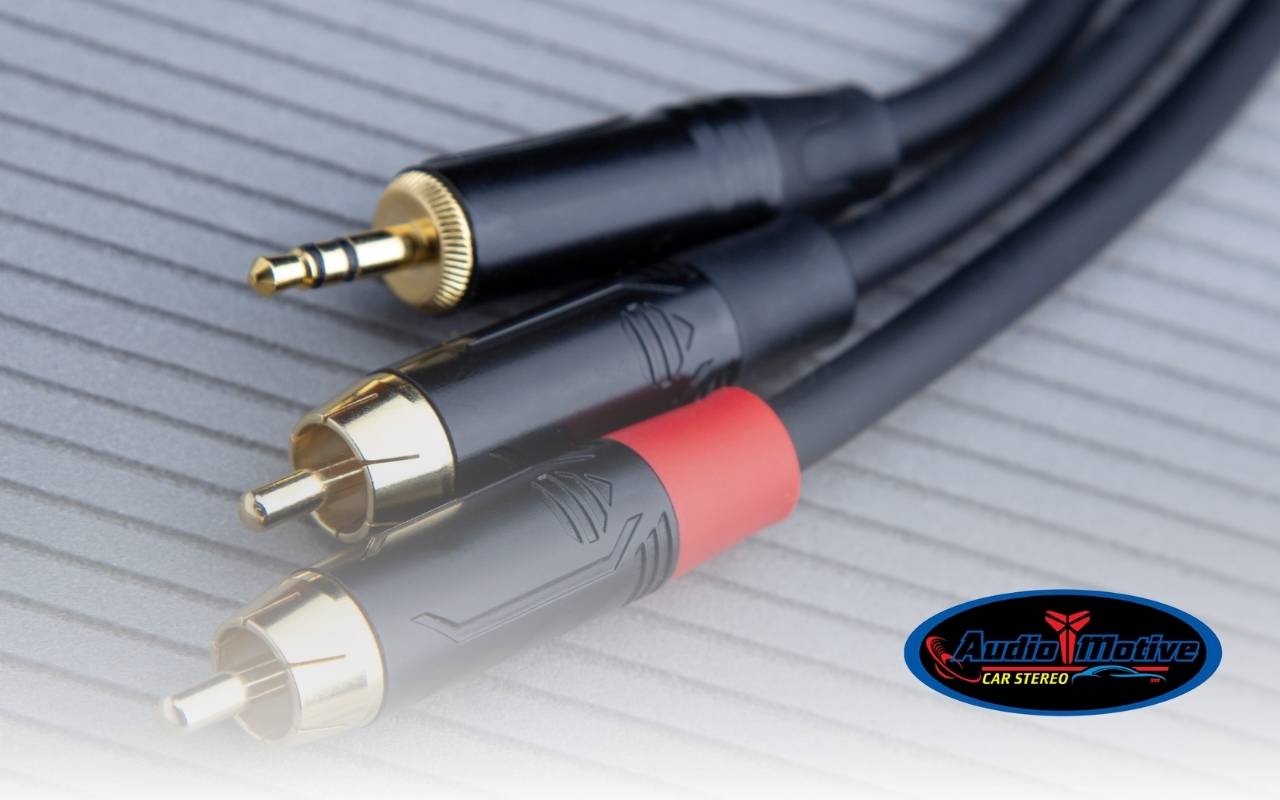
In a world where every note and whisper creates emotions, pursuing audio quality becomes more than a hobby—it’s a passion. Whether you set up a home theater or enjoy an album, clarity and richness of sound matter. However, amidst the excitement of assembling audio gear, an underestimated component stands out—your RCA cables. These silent workhorses transmit the essence of your audio experience. Many listeners have faced the frustration of poor sound, wondering why high-end gear fails. Often, the overlooked culprit is the cable. Understanding the nuances in choosing RCA cables can transform your setup. This guide will equip you with knowledge to make choices that refine every listening session.
The Importance of RCA Cables in Audio Systems
Every audio component contributes to the sound you hear, but RCA cables often remain unnoticed. They carry analog signals between sources like CD players or DACs and amplifiers or speakers. When functioning well, they deliver a clear signal. When they don’t, distortions, noise, or loss reduce fidelity. That’s why choosing RCA cables carefully is essential for achieving the best performance.
Beyond transmission, RCA cables also preserve tonal balance, dynamics, and imaging. Low-quality or damaged cables can introduce interference, mismatches, or crosstalk, masking details in your music. For anyone serious about sound, understanding this importance is the first step.
Types of RCA Cables: Unraveling the Options
- Basic PVC-insulated cables for entry-level use
- Braided shield cables offering improved protection
- Oxygen-free copper varieties for clarity
- Premium options with silver-plated or pure silver conductors
Recognizing which type suits your system helps narrow options when choosing RCA cables. Focus on conductor material, shielding, and connector quality. Balance build quality with budget for practical improvement.
Factors to Consider When Choosing RCA Cables
- Conductor material and shielding effectiveness
- Connector durability and strain relief
- Cable flexibility for easy routing
- Impedance matching for signal efficiency
Proper shielding protects against noise. Cable length and flexibility ensure smooth integration. Balancing these aspects allows a seamless experience when choosing RCA cables for any system.
Understanding Cable Length and Its Impact on Audio Quality
Cable length directly affects signal strength and interference. Shorter runs preserve integrity better, but extremely short ones complicate placement. Excessively long connections introduce resistance, reducing detail and range. Always aim for the shortest length that offers flexibility.
Shielding and Its Role in Minimizing Interference
Shielding prevents interference from external sources. Braided shields use conductive mesh, while foil shields use thin metal layers. Some cables combine both for stronger protection. Choosing cables with robust shielding ensures clean audio transfer.
Connectors Matter: Exploring Different Plug Designs
The connector is your system’s physical interface. Nickel-plated plugs work well at modest cost. Gold-plated connectors resist corrosion and provide reliable conductivity. Precision machining ensures snug fit and minimal noise. Strain relief also prevents fatigue, extending cable life.
Budget-Friendly vs. High-End RCA Cables: Debunking the Myths
Many believe expensive cables always deliver superior sound. Yet, beyond a threshold, improvements become marginal. Mid-range cables often provide excellent shielding and durability without the high price tag. Focus on objective specifications, not assumptions, when choosing RCA cables.
DIY RCA Cables: Pros and Cons
Building RCA cables can be rewarding. You select conductors, shielding, and connectors based on preference. This customization creates quality results and satisfaction. However, DIY requires skills and tools. Mistakes can introduce mismatches or losses. For many, factory-made cables remain safer.
Maintenance Tips for Longevity and Optimal Performance
- Clean connectors with a lint-free cloth
- Avoid plugging or unplugging under tension
- Store cables coiled loosely in a dry environment
- Inspect jackets regularly for wear
By treating cables as vital components, you preserve signal integrity and extend their life. Every playback remains faithful and detailed.
FAQs on RCA Cables
Do RCA cables affect sound quality?
Yes, they can. Poor-quality cables may introduce noise, while better ones maintain signal clarity and detail.
What length should RCA cables be?
Use the shortest possible length that still offers flexibility for routing between components.
Are expensive RCA cables always better?
Not necessarily. Many mid-range options deliver excellent performance without the high cost of premium models.
Can I build my own RCA cables?
Yes, but DIY requires soldering skills and precision. Errors may reduce performance instead of improving it.
How should I maintain RCA cables?
Keep connectors clean, store them properly, and inspect them regularly for wear to ensure optimal performance.
Elevating Your Audio Experience with the Right RCA Cables
Choosing RCA cables strategically helps unlock your system’s full potential. By focusing on shielding, materials, connectors, and length, you enhance clarity and reduce interference. For expert guidance, check out our car audio installation tips.
If you want to optimize your setup further, explore car audio system planning resources and plug and play car audio solutions. For personalized advice or upgrades, reach us directly through our contact page. Enhance your passion for sound with the right guidance.
